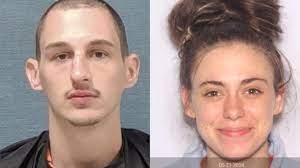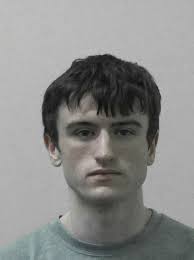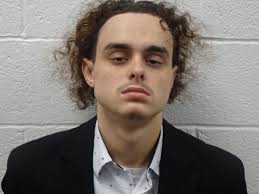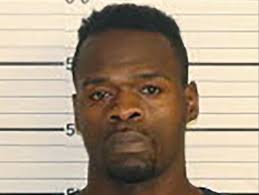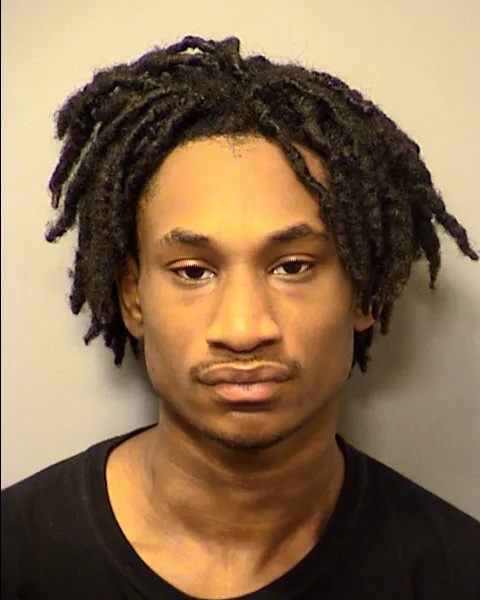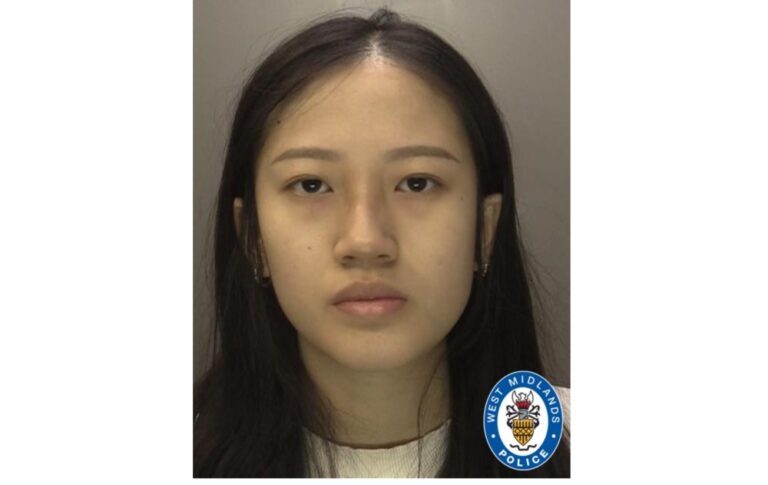Nicholas Prosper Murders Family In UK
Nicholas Prosper is a teen killer from the UK who would murder his mother and two siblings According to court documents Nicholas Prosper would fatally shoot his mother Juliana Falcon, 48, brother Kyle Prosper, 16, and sister Giselle Prosper, 13. The teen killer would be arrested walking towards his primary school where he planned to…



